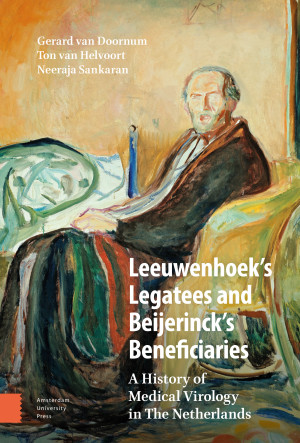"The use of references from scientists, articles, journals, books, historical records, conference proceedings, seminars, workshops and many resources during the twentieth century made this book an interesting and engaging read. This book will be a valuable addition to any library and to any bioscience student who is interested in the history of microbiology, basic research, infectious diseases, epidemiology, antiviral drugs and vaccination."
- Arindam Mitra, Adamas University, India, Microbiology Today (2021)
"This unique chronicle of Dutch medical virology is recommended literature for all. It describes scientific highlights of a discipline that allowed a dramatic reduction of morbidity and mortality in the past century."
- Ab Osterhaus and Roel Coutinho
"The discoveries of the Dutch scientists Van Leeuwenhoek and Beijerinck profoundly influenced the development of microbiology and virology. This book describes the evolution of Dutch medical virology against the context of international developments in the field of virus research."
- Harald zur Hausen

